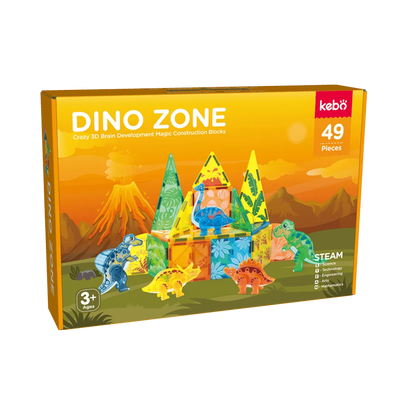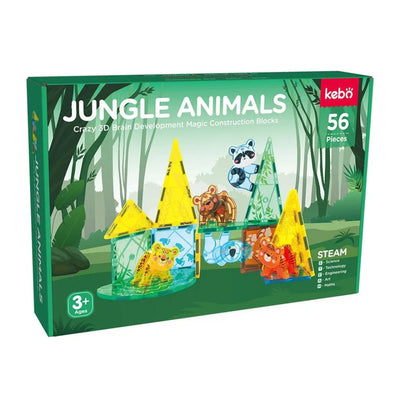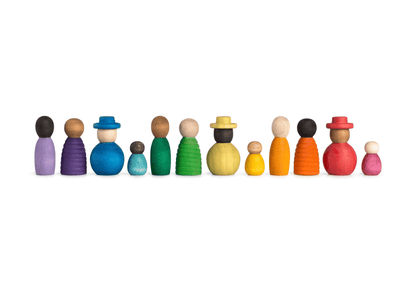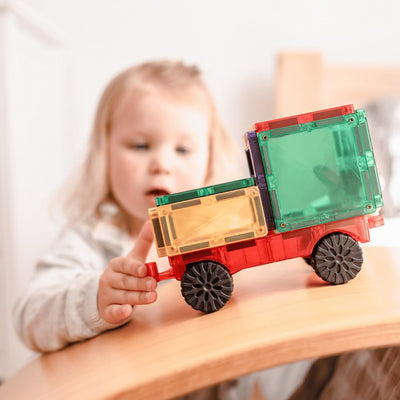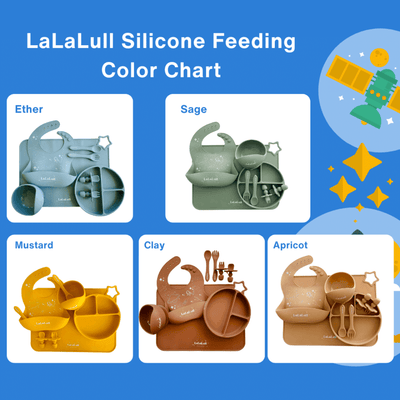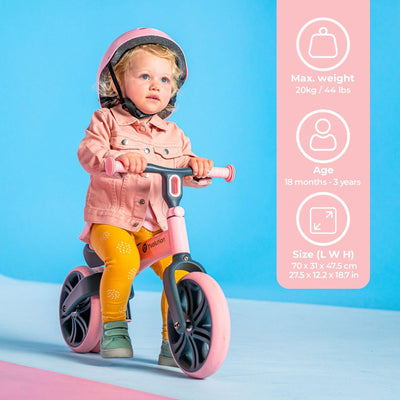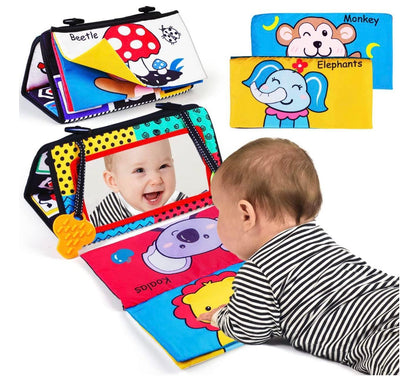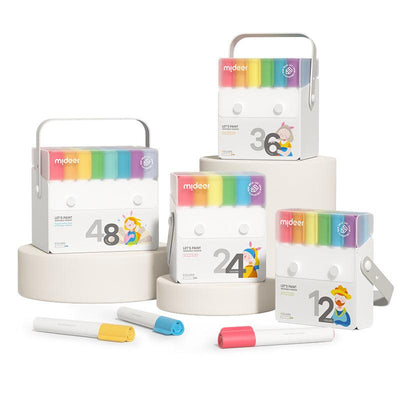As a parent, there are few things more rewarding than watching your little one hit their milestones. For us, teaching our daughter to eat independently was one of those big steps. It was not just about the eating itself, but the confidence and skills she gained along the way. Here’s our journey and some tips that might help you too!
Our Journey to Independent Eating
I've been a full-time parent for three years, and my daughter is now 33 months old. When she was just 10 months old, I remember the day she grabbed the spoon from my hand and tried to scoop food from the bowl herself. It was a messy, beautiful moment, and I knew it was time to let her try eating on her own.
Four Principles of Independent Eating
1. Set a Time Limit
Setting a time limit for meals is crucial. Generally, we aim for about 20-25 minutes, adjusting based on our daughter’s needs.
Tip: Since children might not understand the concept of 20 minutes, using a small hourglass or a timer can make it more visual and easier for them to grasp.
2. Control Portions
We found that controlling portions helps avoid picky eating. For example, if our daughter loves broccoli and eats all the broccoli first, we don’t offer more once it’s gone. This encourages her to try and finish all the food on her plate.
3. Do Not Distract Your Child
Avoid staring at your child while they eat. It can make them feel nervous and pressured. Even adults would feel uncomfortable under such scrutiny. Also, don’t worry about food on their face; the key is to protect their focus and enthusiasm for eating.
4. Avoid Labeling
Everyone has food preferences, including children, but we should avoid labeling. For instance, I avoid sharing with others that our daughter loves meat but dislikes carrots. Labeling can steer them in the wrong direction and create unnecessary food battles. Just because they don’t like a food now doesn’t mean they won’t in the future. Keeping comments neutral allows for limitless possibilities.
Once the food is prepared, we tell our daughter, "This is all your food. We have 20 minutes to eat. I will remind you before the time is up, and then we will put the food down and wash our hands."
This approach helps develop good habits and a sense of time. With a time limit, she focuses more on eating.
Benefits of Independent Eating
Independent eating can help develop fine motor skills. With several meals each day, children diligently use their hands and brains to eat, learning a lot in the process. Well-exercised hands become more adept, increasing their confidence and enjoyment in doing things themselves.
Personal Reflections
I noticed that our daughter eating on her own might start with her favorite foods first. Initially, I would replenish the food she liked, and she ended up eating only that one kind of food. Later, I changed my strategy, and she would finish everything in the order she preferred.
Watching her learn to eat on her own has been a rewarding experience. She’s not just eating; she’s developing skills, building confidence, and learning independence. So, to all the parents out there embarking on this journey, be patient and enjoy the process. Your little one is learning more than just how to eat – they’re learning how to grow.
By sharing our story and these tips, I hope to make your journey a bit smoother and a lot more fun.
Thank you, Yola, for sharing your story with the Babycoo Team & All of our customers.
Shop Silicone Baby Feeding Set from our collection.
